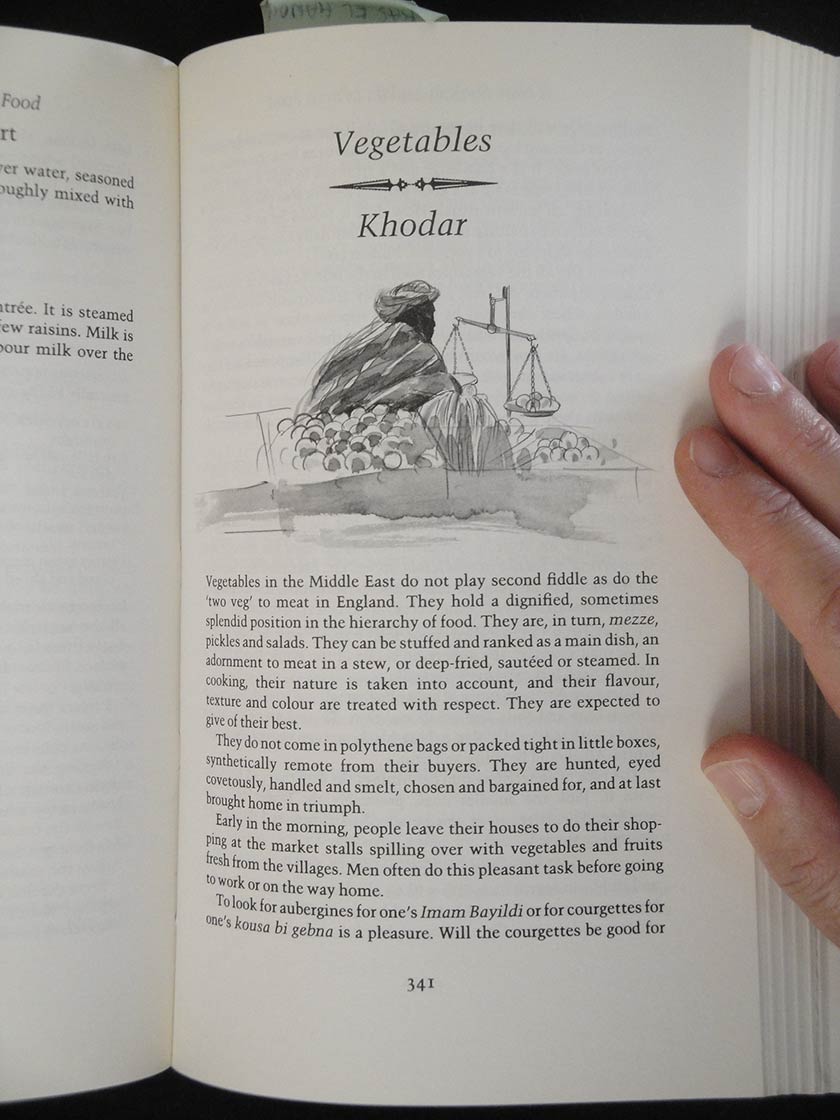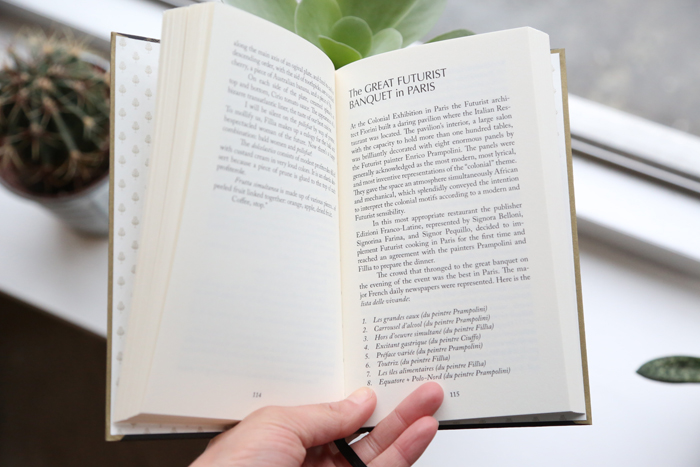How to Cheaply Cook Global Comfort Foods
Growing up, I never saw my mother use a cookbook. She needed no recipes for the traditional central European fare (with a dose of the Balkan and the Mediterranean staples thrown in, because geography). Dishes were “meat”, “vegetables” and “soup” (imagine my surprise when I learned that since about the age of four I’d been making consommé). We hardly ever ate “dessert”.

duarte.com
After college, I moved abroad and befriended a guy who interned in one of the more useless offices of a very important international organization. His colleagues were really only good at learning the calendar of national holidays around the world by rote and slinking off work early on every single one of them “to honor the citizens”.
We were young and fabulous. We also lived in a place where usual entertainment (a. k. a. gin) was prohibitively expensive on all days but payday, so we turned to a cheaper alternative for socializing: food.
But to produce the international flavors of the aforementioned (and quickly internalized) calendar, cookbooks became essential. A great love affair began.
Food comes with stories: of people’s dreams and realities, struggles, and fears, passions, and inventiveness. Everybody needs to put food on the table and every culture has a basic recipe for a stew, no matter how fancy the name for it. Whether you cook alone or with others, to experiment or to calm down, to solidify or mend bonds, heal wounds or celebrate successes, there is something magical about preparing food.
Here’s a selection of cookbooks that will whet your appetite for stories, travels, and comfort, even on nights when cooking or other people are out of the question – just grab a sandwich and read yourself to exactly where you need to be.
Sometimes you search to escape to other realities, but if you’re craving a heaping plate of pasta, you’re out of luck: people, claims The Futurist Cookbook, think and dream according to what they eat and drink, so pasta is banned because it causes lassitude. Let’s ignore where futurists ended up, politically speaking, and enjoy instead their wonderfully weird ideas of about food and its consumption. The recipes, by the way, are not half bad.
Books have been written about people’s relationship with food; but are your feelings like Tita’s in Like Water for Chocolate – strong enough to translate into a rose petal sauce that sets a shower on fire? Nope, didn’t think so, but I bet you’re smiling already.
Regardless of your circumstances, Kafka’s Soup has an author with a perfect recipe for you. Entertaining a bunch of snobs? Try Jane Austen’s tarragon eggs. A loved one needs spanking? Boned stuffed poussins by Marquis de Sade can spice this act of ostensible aggressiveness.
For something completely different, feed your inner child with Revolting Recipes.

Revolting Recipes
Speaking of children, inner or otherwise, sometimes you need to escape back to childhood. Occasionally it might be a good idea to escape to other people’s childhood, strange as these two choices may appear: The Book of Jewish Cooking is brimming with stories about Jewish communities around the world and recipes that delight. A recent favorite is Soul Food Love, full of lovely prose and food. (Both include one recipe each that is local to my coordinates, so they are a little mine, too.)

Soul Food Love
When you’re desperate to travel, but your wallet says no way, A New Book of Middle Eastern Food will boost your mood (and bank account). Ultimate Curry Bible has enough recipes for the rest of your life, but for more variety crisscross the continent of Africa with The Soul of a New Cuisine. And when you cook, a word of advice: do not ever, under any circumstances, answer the phone when making awase. Just don’t.

Gastronomicalibrary.com, A New Book of Middle Eastern Food
Central European food may be dull, but “we” make the best cakes ever – and I say this with the authority of someone who eats cake maybe twice a year and only bakes for holidays. I have a favorite Viennese café, though. And when you’re done with Kaffeehaus, you’ll want to have one, too.
Stories from comfort cookbooks are a reminder that tablecloths, cutlery, exotic names of dishes and huge piles of food for communal eating serve to fulfill the same basic human needs. Often you don’t even have to cook, just reading about it will make you feel better and more connected.
And once you do cook, proceed boldly. After all, consommé is just soup a four-year-old can make – and a story to tell.








